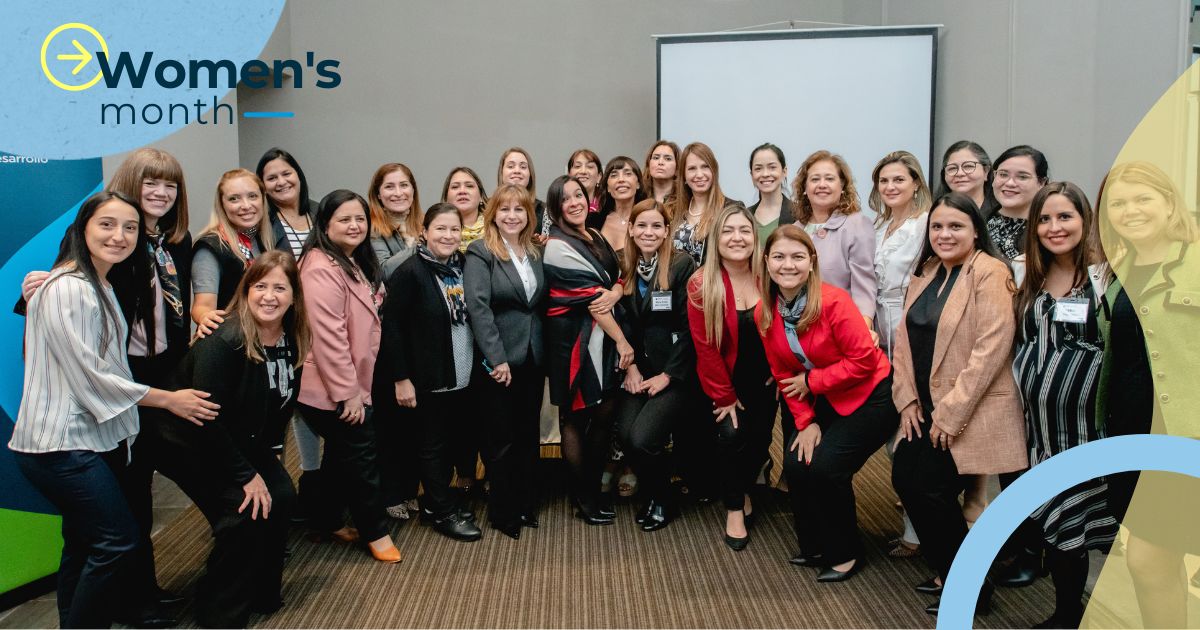Global Gender Gaps
It’s been 29 years since the Fourth World Conference on Women, held in Beijing in 1995. As part of the Beijing Declaration and Platform for Action, 189 countries proclaimed to seek “the empowerment of women and their full participation on equal terms in all spheres of society, including decision-making and access to power.”
However, in the midst of the 21st century, despite the great achievements of feminist movements, significant gaps still exist regarding women’s participation in leadership positions. According to the latest Global Gender Gap Report 2023, we would need 131 years to achieve gender parity.
So far, no country has achieved gender parity in its entirety, and the closure of at least 80% of gender gaps has been possible only in nine countries: Iceland, Norway, Finland, New Zealand, Sweden, Germany, Nicaragua, Namibia, and Lithuania. The most significant gaps are found in the economic opportunities and political empowerment. Regarding the latter, women make up only 36% of representatives in local governments and 25% of representatives in congresses and parliaments globally.
Paraguay’s Journey to Gender Equality
Paraguay is not immune to this global reality. Despite the country’s reduction in poverty in recent decades, there are challenges that continue to disproportionately affect women, diverse groups, and other populations with greater vulnerability. Some examples include:
- Sexual and gender-based violence
- Wage inequality
- Access to the labor market
- Low representation in managerial positions
- Full exercise of sexual and reproductive rights
- Overburden of domestic and care work
Although there have been certain improvements in terms of equality, women still face significant gaps in different dimensions of their lives. This is exacerbated by intersections such as being indigenous, Afro-descendant, lesbian or having a disability.
This reality is reflected in the Global Gender Gap Report presented by the World Economic Forum in 2023. A few years ago, Paraguay was ranked 80th out of 146 countries in terms of gender, but in the latest report, the country dropped to the 91st position.
Some areas that improved compared to 2022 were women’s health and survival, as well as in the field of education. However, in the area of economic opportunity and participation, the results were unfavorable: women continue to be underrepresented in the labor market, with a female employment rate of just 59%, compared to 84% for men.
Similarly, the sub-index of political empowerment is the most critical. This section refers to the presence of women leaders and decision-making roles. According to complementary indicators in the report, only 18.5% of companies in Paraguay have a predominantly female presence, and only 19.9% of companies have women in senior management positions.
What Comes After the Glass Ceiling?
The “glass ceiling” concept refers to the obstacles women face in reaching leadership roles. Due to structural factors such as caregiving burden, penalization for motherhood, and gender stereotypes, women have fewer opportunities for career development than men, even though it may not always be obvious.
In addition to this, there is an associated phenomenon: What happens when women do reach decision-making roles? Many times, despite reaching the position, professionals do not feel prepared to occupy it with confidence and autonomy. Apart from few role models, one reason for this is the lack of training or practical tools on leadership.
Empowering Female Leadership Through Public-private Partnerships
This is why in 2022, the IDB carried out the first Executive Women’s Leadership Development Program in Paraguay. It aimed at 30 officials already in managerial positions to strengthen their leadership skills from a gender perspective.

The participants were part of the Ministry of Finance (now the Ministry of Economy) and were trained by the INCAE Business School. Among its objectives, it sought to develop their professional careers to stand out as female leaders in their institutions, fostering a more collaborative leadership style with a positive impact on their teams and surroundings.
Recently, the launch of “Women of the Rural Sector Program, leaders of sustainable change”, the second edition of the leadership program, was celebrated. This edition is aimed at officials from the National Forestry Institute, National Service for Quality and Animal Health (SENACSA), National Service for Quality and Sanitary Vegetal and Seed (SENAVE), Ministry of Agriculture, and Ministry of Environment and Sustainable Development (MADES).
The program lasts three months and covers:
- Basic gender concepts
- The influence of gender on women’s leadership
- Communication skills
- Management of high-impact teams, among others.
This proposal hopes to provide the necessary tools to enhance the professional careers of Paraguayan women. Through these initiatives, we want to highlight the women leaders in Paraguay: those who are already leading the present and those who are preparing to lead the future.


Leave a Reply